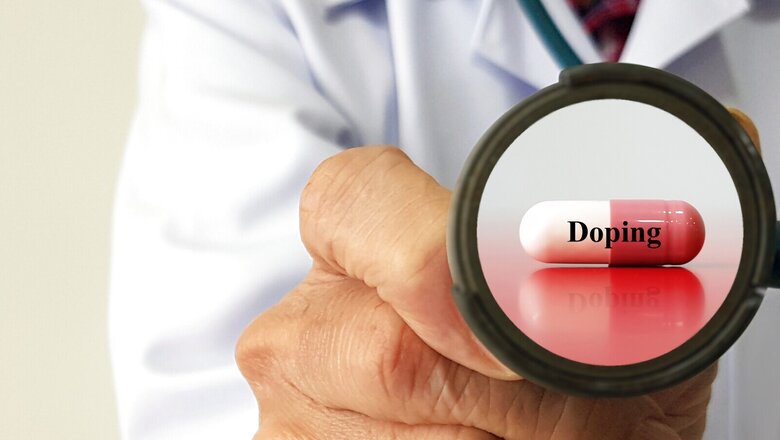
views
Parliament is the temple of democracy and parliamentary procedures the rites by which the will of the people is translated into practice. But the terms and jargon involved in Lok Sabha and Rajya Sabha processes can be difficult to grasp. The News18 series, House Talk, brings you a ready reckoner to make sure that none of it is Greek to you.
Among the bills likely to be tabled in the ongoing Parliament session is the National Anti-Doping Bill, 2021 which was introduced in the Lok Sabha last December but was later referred to the standing committee. The bill seeks to give legislative backing to anti-doping norms in the country.
According to the Sports Ministry, the bill empowers the National Anti-Doping Agency (NADA) to conduct raids to catch doping offenders. The ministry has said that the bill has been prepared “in alignment with the idea of making this a preventive legislation, rather than a criminal legislation.”
“…the punishment/penalties provided in the Bill were based on international anti-doping provisions and it has been kept in mind that severe criminal law provisions are not introduced.”
Clause 19 of the bill, however, provides the NADA the power of “entry, search and seizure by any person authorised by the agency for the purpose of determining if any anti-doping rule violation has been committed”.
Many former sportspersons, head of National Sports Federations and experts have been calling for an anti-doping legislation to give more teeth to the existing rules made under the WADA Anti-Doping Code.
Some had even gone to the extent of calling for making doping in sports a criminal offence, punishable with jail term. In 2018, the NADA had even proposed making doping a criminal offence.
Provisions of the Bill
The Bill prohibits athletes from engaging in doping and punishes any violation with disqualification of results, including forfeiture of medals, points and prizes, ineligibility to participate in a competition or event for a prescribed period, and financial sanctions.
Apart from the athletes, support staff like coaches and trainers must ensure no violation of the following:
- Presence of prohibited substances or their markers in an athlete’s body
- Use, attempted use or possession of prohibited substances or methods
- Refusing to submit a sample
- Trafficking or attempted trafficking in prohibited substances or methods, and
- Aiding or covering up such violations
If any athlete requires a prohibited substance or method due to a medical condition, they may apply to the National Anti-Doping Agency for a therapeutic use exemption.
The bill provides for constituting NADA as a statutory body headed by a Director-General to be appointed by the central government. Functions of the agency include planning, implementing and monitoring anti-doping activities, and investigating anti-doping rule violations.
The National Board for Anti-Doping in Sports will be established to make recommendations to the government on anti-doping regulations and compliance with international commitments on anti-doping. The board will oversee the activities of NADA and issue directions to it.
The board will constitute a National Anti-Doping Disciplinary Panel for determining consequences of anti-doping rule violations. It will also constitute a National Anti-Doping Appeal Panel to hear appeals against the panel’s decisions.
The Sticking Point
According to PRS Legislative Research, the Bill currently does not specify the qualifications of the Director-General, leaving it to be notified through rules. Second, the central government may remove the Director-General from the office on grounds of misbehaviour or incapacity or “such other ground”, raising questions over the independence of the position.
As per the Bill’s provisions, the board will also have powers to remove the members of the Disciplinary Panel and Appeal Panel on grounds to be specified by regulations. There reportedly exists no requirement to give them an opportunity of being heard, affecting independent functioning of these panels.
Read all the Latest News and Breaking News here











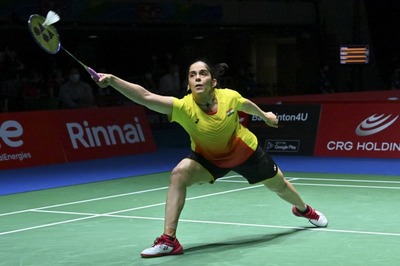
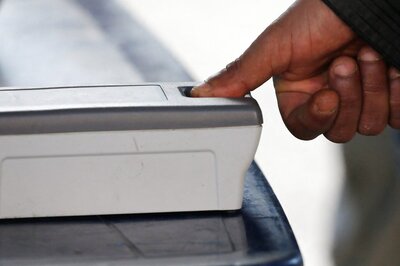
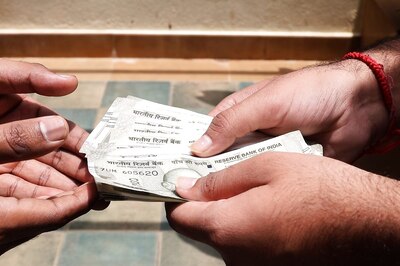


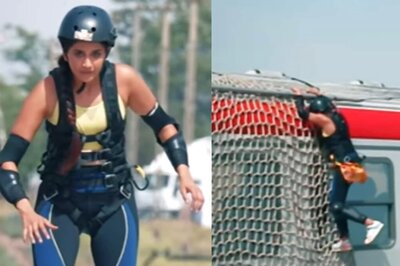
Comments
0 comment